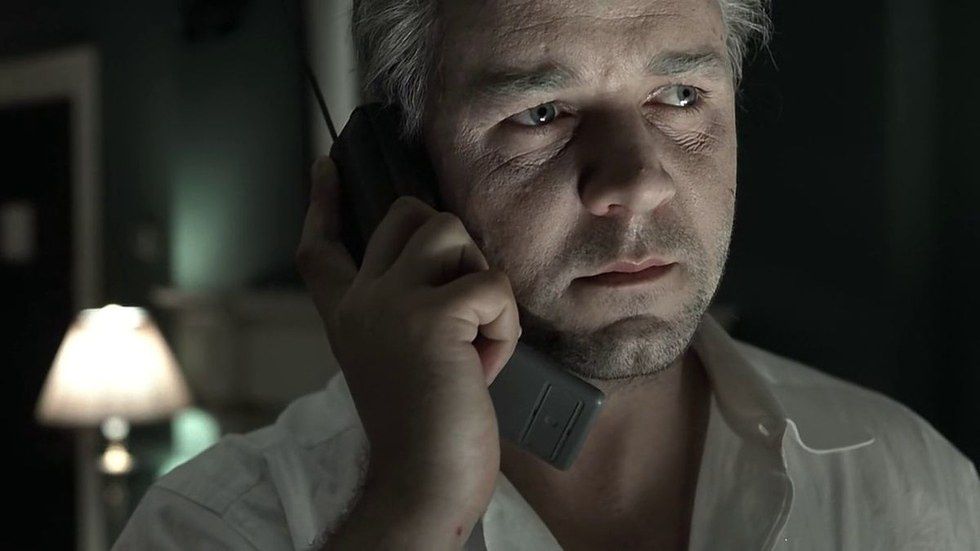Media coverage of the 2016 presidential race currently flooding American consciousness reveals an orderly acceptance of the system at hand. Designated left-wing stations show support for the delegate-selected left-wing candidate, while criticizing the right’s. Unsurprisingly, the right-wing stations play the exact same game, promoting their prescribed policies as their own brand of salvation.
A viewing of the 1999 film, The Insider, is a good reminder of what happens when the media ceases to function as a government lapdog. Attacking the corporations that decide government policy proves to be substantially more dangerous than bickering over party puppets.
The Insider stars Russell Crowe as real-life research chemist Jeffrey Wigand, who agrees to be interviewed on 60 Minutes, and reveal the darkest secrets of the tobacco industry. Lowell Bergman, the CBS producer, played by Al Pacino, does everything in his power to protect him. This film is a story individual loyalty juxtaposed with the corruption of big business, and how the media can make right when the US court system fails.
Jeffrey Wigand is fired one day from his job at Brown & Williamson Tobacco after he discovers a planned change in their tobacco production. Wigand finds that the new substitute for the “cumerin” flavoring in their cigarettes is actually a lung-specific carcinogen. Lowell Bergman finds Wigand and asks him to translate some technical documents into layman’s terms, though his actual goal goes much deeper. After much coaxing and legal turmoil, Bergman convinces Wigand to do an interview for 60 Minutes, going against everything that Wigand’s confidentiality agreement tried to conceal.
The multi-billion dollar Big Tobacco corporations are not happy. The companies attack with legal threats, as well as death threats to Wigand and his family. They issue a restraining order, disabling Wigand from testifying against the tobacco companies. Wigand testifies anyway, stating that tobacco does act as an addictive drug, contrary to the claims of every Big Tobacco company. Furthermore, he accuses Brown & Williamson of “spiking the nicotine.” This process, called the Ammonia Chemistry Technique, allows for the nicotine to be more rapidly absorbed into the lungs and break the blood-brain barrier, affecting the central nervous system.
The interview is shot and edited, but before it can be aired CBS is informed that they will be held liable for Wigand’s breach of confidentiality agreement. It is calculated that with the amount of monetary and legal power, the tobacco companies could easily take over CBS if they so choose. Now Bergman finds himself fighting not only for the release of crucial information, but also for Wigand’s costly freedom of speech.
This film shows a surprising side of US capitalism and its major imperfections. Business conglomerates make dangerous adversaries to justice and truth. When even the media cannot combat injustice, it is left up to the determination of individual people and their willingness to risk everything.

























